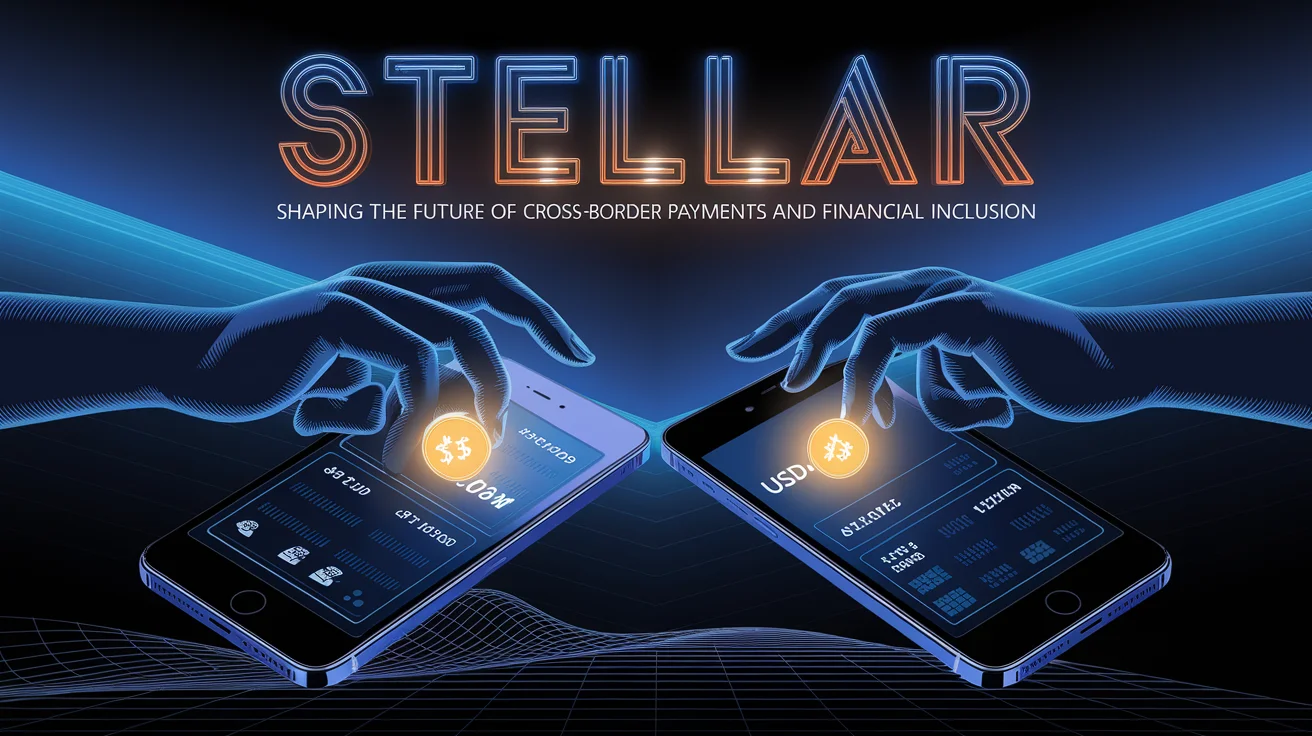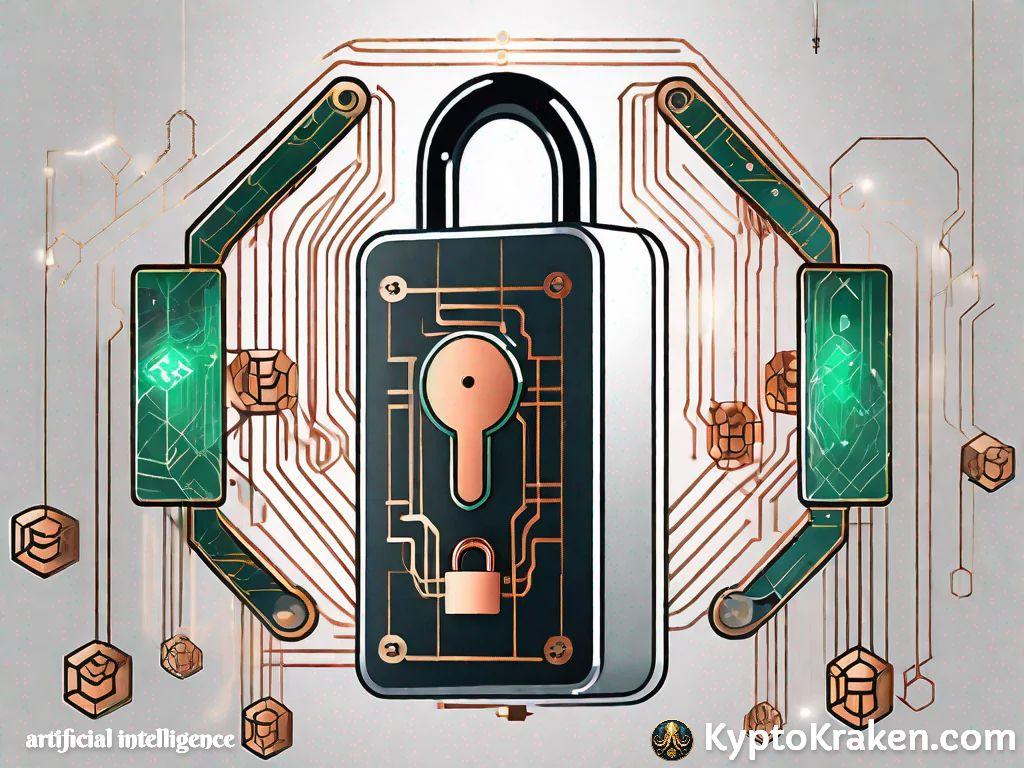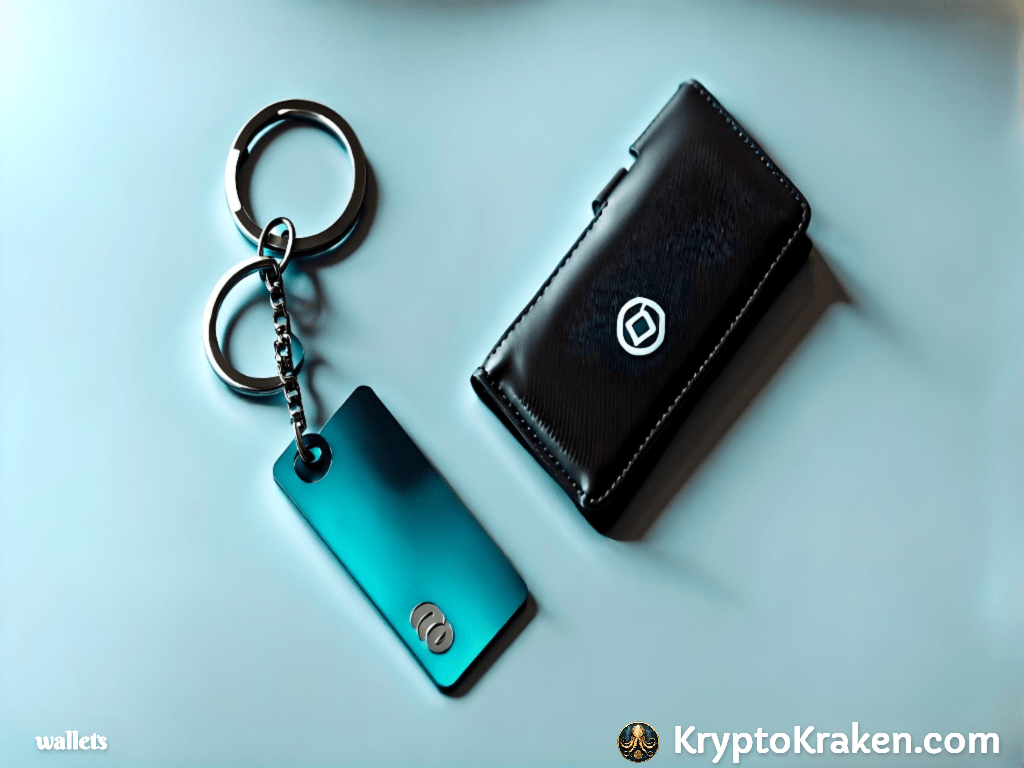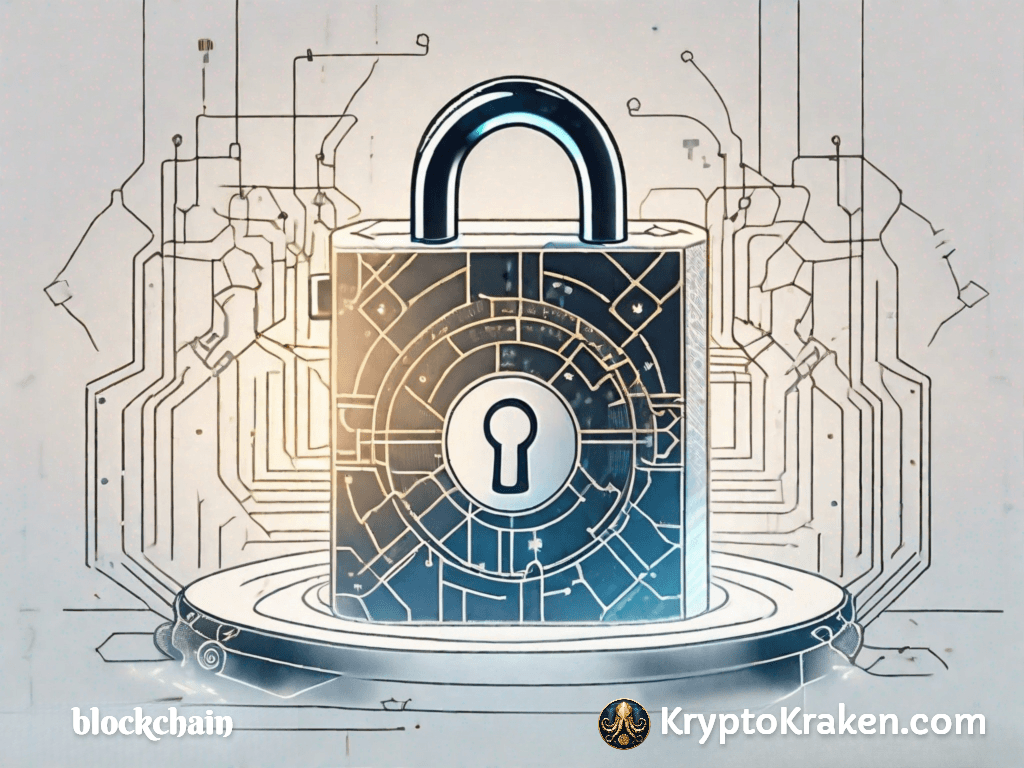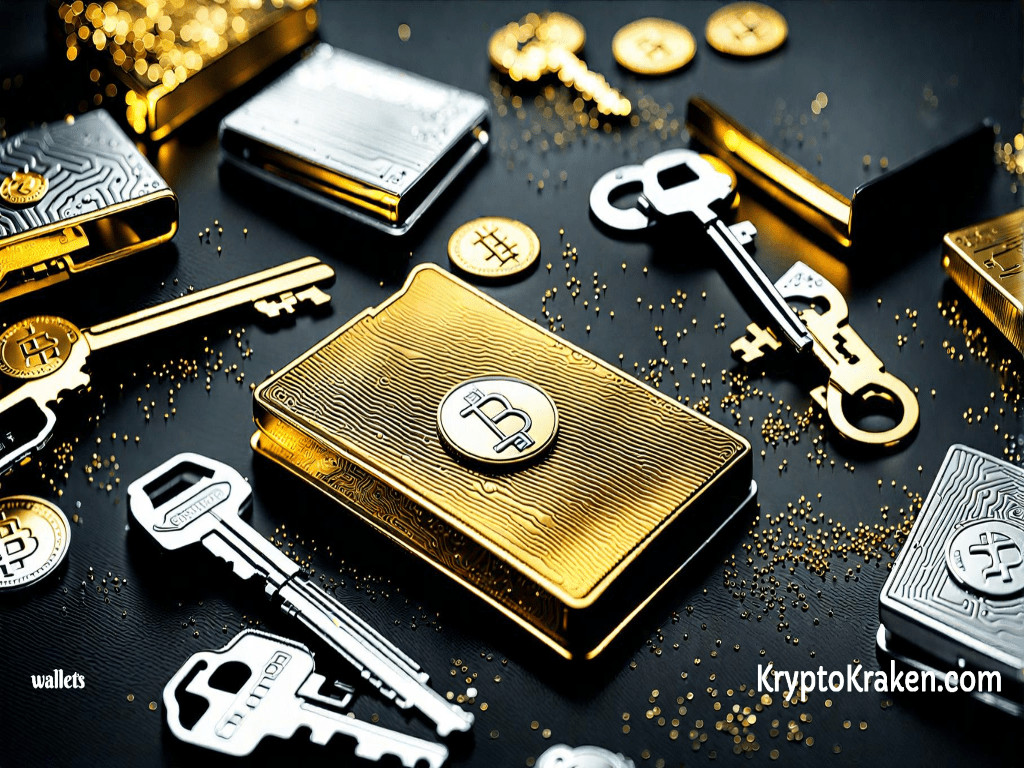
- August 24, 2023
- Dennis Frank
- 0
Table of Contents
How to Choose the Right Cryptocurrency Wallet
If you’re considering investing in cryptocurrencies, one of the first things you’ll need to do is choose a wallet to store and manage your digital assets. With so many different types of wallets available, it can be difficult to know which one is the right fit for you. In this article, we’ll be exploring the different types of cryptocurrency wallets, as well as the factors you should consider when choosing a wallet.
Understanding Cryptocurrency Wallets
As the world becomes more digital, so does our money. Cryptocurrencies, like Bitcoin and Ethereum, have gained popularity in recent years as a decentralized form of currency. However, with this new form of currency comes the need for a new type of wallet.
What is a Cryptocurrency Wallet?
A cryptocurrency wallet is a digital tool that allows you to store, send, and receive cryptocurrencies. Unlike traditional bank accounts, cryptocurrency wallets do not store physical currency; instead, they store cryptographic keys that enable you to access and manage your digital assets. These wallets are essential for anyone looking to invest in or use cryptocurrencies.
Types of Cryptocurrency Wallets
There are several different types of cryptocurrency wallets, each with its own advantages and disadvantages:
- Hardware wallets: Hardware wallets are small physical devices that store your cryptocurrency keys offline, making them less vulnerable to hacking or theft. These are often considered the most secure type of wallet.
- Software wallets: Software wallets are applications that can be downloaded and installed on your computer or mobile device. They store your keys on your device, making them more convenient to access, but potentially more vulnerable to hacking or malware.
- Mobile wallets: Mobile wallets are software wallets that are specifically designed for use on mobile devices. They offer the convenience of being able to access your cryptocurrency on the go.
- Web wallets: Web wallets are accessed through a web browser, and are typically hosted by a third-party service provider. These are often the easiest type of wallet to set up, but also carry the highest risk of hacking or theft.
- Paper wallets: Paper wallets are physically printed or written copies of your cryptocurrency keys that are stored offline. These are the most secure type of wallet, but also the most inconvenient to use.
How Cryptocurrency Wallets Work
Regardless of the type of wallet you choose, the basic function of a cryptocurrency wallet is the same. When you first set up a wallet, you will be given a public key and a private key. The public key is similar to a bank account number, and can be shared with others so that they can send you cryptocurrency. The private key is like a password, and must be kept secret. Your private key allows you to access your funds and sign transactions.
It is important to note that if you lose your private key, you will lose access to your funds forever. This is why it is crucial to keep your private key in a safe and secure place, and to never share it with anyone.
Furthermore, it is recommended to use a combination of different types of wallets to ensure maximum security for your cryptocurrency. For example, you could use a hardware wallet to store the majority of your funds, and a mobile wallet for small, everyday transactions.
In conclusion, cryptocurrency wallets are an essential tool for anyone looking to invest in or use cryptocurrencies. By understanding the different types of wallets available and how they work, you can ensure the safety and security of your digital assets.
Assessing Your Needs and Priorities
When it comes to choosing a cryptocurrency wallet, there are a number of factors to consider. By taking the time to assess your needs and priorities, you can find a wallet that meets your specific requirements. Below, we’ll take a closer look at some of the most important factors to consider.
Security Considerations
One of the most important factors to consider when choosing a cryptocurrency wallet is security. After all, you’ll be storing your digital assets in this wallet, so you’ll want to make sure it’s as secure as possible.
When evaluating the security of a wallet, there are a number of features to look for. Two-factor authentication is a must-have, as it adds an extra layer of protection to your account. Multi-signature support is also important, as it requires multiple signatures to authorize a transaction. This can help prevent unauthorized access to your account.
Offline storage is another key security feature to look for. Hardware wallets, such as the Ledger Nano S and Trezor, are generally considered to be the most secure option. These wallets store your private keys offline, making them less vulnerable to hacking or malware.
Accessibility and Ease of Use
Another important factor to consider is accessibility and ease of use. If you plan to use your cryptocurrency on a regular basis, you’ll want a wallet that is user-friendly and easy to navigate.
Mobile and software wallets are generally the most convenient option, as they can be accessed from anywhere with an internet connection. Many wallets also offer intuitive interfaces that make it easy to send and receive funds.
Supported Cryptocurrencies
Not all cryptocurrency wallets support every type of digital asset. Before choosing a wallet, make sure it supports the currencies you plan to invest in.
Some wallets, such as MyEtherWallet, support a wide range of tokens and coins. Others, like Bitcoin Core, are more limited in the types of currencies they support. Make sure to do your research and choose a wallet that meets your specific needs.
Cost and Fees
Finally, you’ll want to consider the cost and fees associated with each type of wallet. Some wallets are free to use, while others charge a fee for each transaction.
Hardware wallets are usually the most expensive option, but may be worth the investment if security is your top priority. Software and mobile wallets are often free to use, but may charge fees for certain features or transactions. Make sure to read the fine print and understand the costs associated with each wallet before making a decision.

Comparing Different Types of Wallets
When it comes to storing your cryptocurrency, choosing the right type of wallet is crucial. With so many options available, it can be difficult to know which one is best suited for your needs. In this article, we will compare the most common types of wallets and their respective advantages and disadvantages.
Hardware Wallets
Hardware wallets are generally considered to be the most secure option. They store your keys offline, making them less vulnerable to hacking or malware. Additionally, they provide a high level of security, making them a good choice for investors who plan to store large amounts of cryptocurrency. Hardware wallets are also relatively easy to use, with most models featuring a simple interface and straightforward setup process.
One downside of hardware wallets is that they can be expensive, with some models costing upwards of $100. Additionally, if you lose your hardware wallet or it becomes damaged, you may lose access to your cryptocurrency unless you have a backup of your keys.
Software Wallets
Software wallets are a convenient and easy-to-use option for storing your cryptocurrency. They are typically free to download and can be accessed from your computer or mobile device. However, they may be more vulnerable to hacking or malware than hardware wallets, making them a less secure option for storing large amounts of cryptocurrency.
Software wallets are a good choice for investors who plan to use their cryptocurrency on a regular basis. They are also a good option for those who are new to cryptocurrency, as they are easy to set up and use.
Mobile Wallets
Mobile wallets are similar to software wallets, but are specifically designed for use on mobile devices. They are convenient and easy to use, with many offering features such as QR code scanning and touch ID authentication. However, they may be less secure than hardware wallets, as mobile devices are more vulnerable to hacking and malware.
Mobile wallets are a good choice for investors who need to access their cryptocurrency on the go. They are also a good option for those who are new to cryptocurrency and want a simple, user-friendly wallet.
Web Wallets
Web wallets are accessed through a web browser and are typically hosted by a third-party service provider. They are convenient, as they can be accessed from anywhere with an internet connection. However, they may be less secure than other types of wallets, as your keys are stored on a remote server that is vulnerable to hacking and other security threats.
Web wallets are a good choice for investors who need to access their cryptocurrency from multiple devices. However, they may not be the best option for storing large amounts of cryptocurrency, as the security risks are higher than with hardware wallets.
Paper Wallets
Paper wallets are the most secure option for storing your cryptocurrency. Your keys are stored offline, making them less vulnerable to hacking or malware. However, they can be more difficult to use than other types of wallets, as you need to manually enter your keys to access your cryptocurrency.
Paper wallets are a good choice for investors who plan to store their cryptocurrency long-term and do not need to access it on a regular basis. However, they may not be the best option for investors who need to access their cryptocurrency quickly or frequently.
Ultimately, the type of wallet you choose will depend on your individual needs and preferences. It is important to weigh the advantages and disadvantages of each type of wallet before making a decision.
Conclusion
Choosing the right cryptocurrency wallet is an important decision for any investor. By considering factors such as security, accessibility, and cost, you can select a wallet that best fits your needs and priorities. Whether you choose a hardware wallet, a software wallet, or a paper wallet, the most important thing is to keep your keys safe and secure, so that you can continue to invest in cryptocurrencies with confidence.








